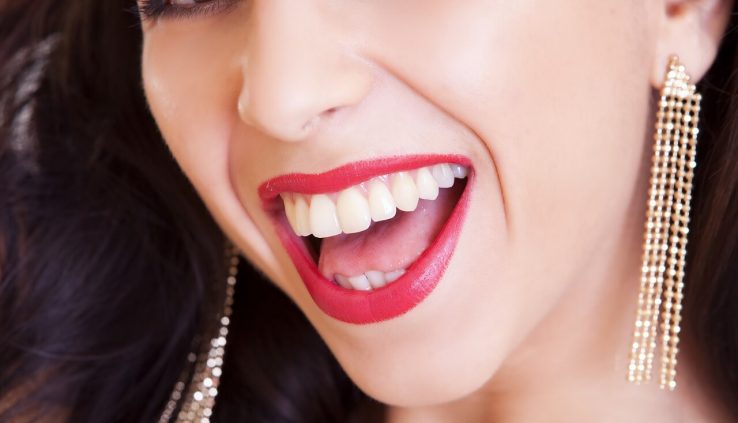Why Sore After Cavity Filling? Quick Relief Tips

The dreaded dentist’s chair. While cavity fillings are a common and relatively straightforward procedure, they can still leave you feeling a bit sore and uncomfortable afterward. But why does this happen, and what can you do to find quick relief?
To understand the reasons behind post-filling soreness, let’s first take a look at what happens during a cavity filling procedure. When a dentist fills a cavity, they need to remove the decayed portion of the tooth and then fill the resulting hole with a material such as amalgam, gold, or tooth-colored composite resin. This process can cause some trauma to the surrounding teeth, gums, and bone, leading to inflammation and discomfort.
One of the main reasons you might feel sore after a cavity filling is due to the injection of anesthesia. While the anesthesia is necessary to numb the area and prevent pain during the procedure, it can also cause some swelling and bruising afterward. This is usually temporary and will resolve on its own within a few days.
Another reason for post-filling soreness is the possibility of irritation to the nerve inside the tooth. When a cavity is deep, the dentist may need to get close to the pulp, which contains the nerve. This can cause the nerve to become inflamed, leading to sensitivity and discomfort.
So, what can you do to find quick relief from soreness after a cavity filling? Here are some tips:
- Take over-the-counter pain relief medication: Over-the-counter pain relievers such as ibuprofen or acetaminophen can help to reduce discomfort and inflammation.
- Apply a cold compress: A cold compress or an ice pack wrapped in a towel can help to reduce swelling and ease pain.
- Use a desensitizing toothpaste: If you’re experiencing sensitivity after a filling, try using a desensitizing toothpaste. These toothpastes contain ingredients such as potassium nitrate that can help to block the dentinal tubules in the tooth and reduce sensitivity.
- Avoid chewing or biting on the filled tooth: Try to avoid putting too much pressure on the filled tooth, especially in the first few days after the procedure. This can help to prevent further irritation and allow the tooth to heal.
In addition to these quick relief tips, there are also some longer-term strategies you can use to prevent post-filling soreness. For example, maintaining good oral hygiene habits such as brushing and flossing regularly can help to prevent cavities from forming in the first place. Regular dental check-ups can also help to catch any potential problems early on, reducing the need for more extensive procedures.
To summarize, soreness after a cavity filling is usually temporary and can be managed with over-the-counter pain relief medication, cold compresses, and desensitizing toothpaste. By understanding the reasons behind post-filling soreness and taking steps to prevent it, you can help to ensure a smooth and comfortable recovery.
How long does soreness after a cavity filling usually last?
+Soreness after a cavity filling can last anywhere from a few hours to a few days. In most cases, the discomfort will resolve on its own within a week.
Can I eat normally after a cavity filling?
+It's usually best to avoid eating or drinking for a few hours after a cavity filling, or until the anesthesia has worn off. After that, you can return to your normal diet, but try to avoid chewing or biting on the filled tooth for a few days.
How can I prevent cavities from forming in the first place?
+Preventing cavities requires a combination of good oral hygiene habits, such as brushing and flossing regularly, and regular dental check-ups. Avoiding sugary and acidic foods and drinks can also help to reduce the risk of cavities.
By following these tips and taking steps to prevent cavities, you can help to ensure a healthy and comfortable smile for years to come. Remember to always consult with your dentist if you have any concerns or questions about your oral health.
